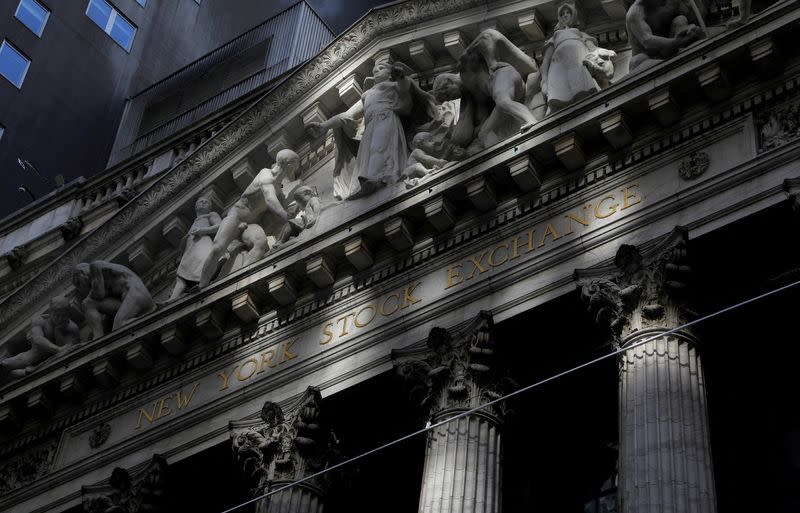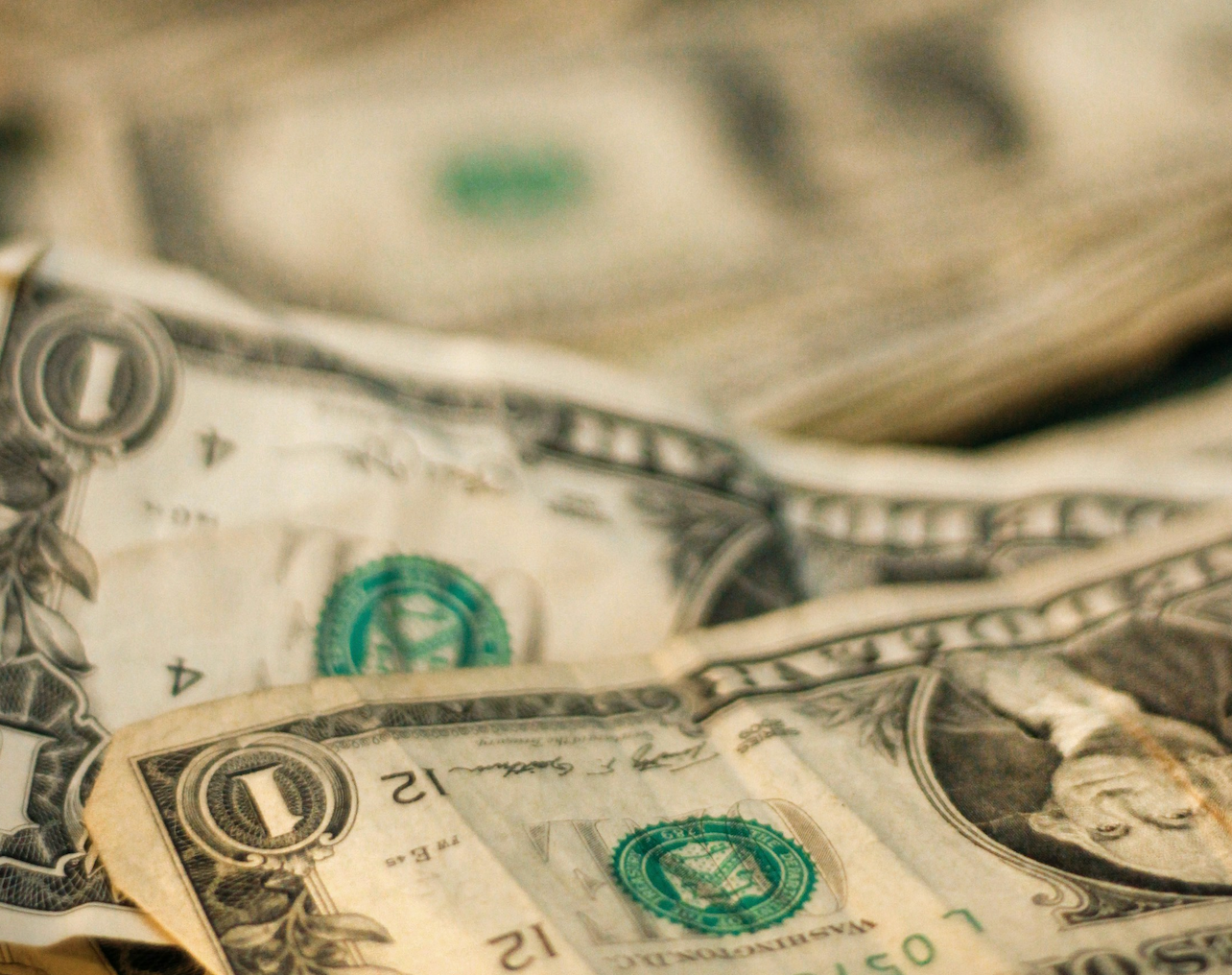
Wall Street sinks as recession fears loom
PHOTO CAPTION: Illustrative photo via Reuters
By Stephen Culp
NEW YORK (Reuters) -U.S. stocks plunged on Monday as relentless tariff wrangling and mounting anxieties arising from the chaos in Washington gave rise to fears that the U.S. economy could be careening into recession.
The previous week's steep sell-off resumed, gathering momentum as the session progressed, with all three major U.S. suffering sharp declines.
The tech-loaded Nasdaq suffered the most, tanking 4.2%, on course for its biggest single-day percentage drop since September 2022.
This, just days after the tech loaded index dipped more than 10% below its record closing high, confirming that it entered a correction when it touched that high on December 19.
The S&P 500, coming off of its biggest weekly percentage drop since September, is 8.5% below its record closing high reached less than a month ago.
The bellwether index is on track to close below its 200-day moving average, a closely watched support level, for the first time since November 2023.
"Investors are continuing to assess this manufactured correction - and I say manufactured because it was in a sense brought on by the aggressive threats of global trade barriers and tariffs," said Sam Stovall, chief investment strategist of CFRA Research in New York.
"Bull markets don't die of old age, they die of fright and what they're most afraid of is recession."
On Sunday, Trump declined to comment on the negative market reaction to his on-again, off-again tariff actions against the biggest U.S. trading partners, and whether anxieties related to his erratic policy shifts could nudge a softening economy into recession.
HSBC downgraded U.S. stocks, citing uncertainty around tariffs.
But a Reuters poll of economists reflected the growing risks of recession not only for the United States, but for Canada and Mexico as well.
Tech stocks are coming under pressure from a stronger Japanese yen and a spike in sovereign bond yields, as investors unwind yen carry trades on expectations of an upcoming interest rate hike in Japan.
The carry trades involve borrowing yen at a low cost to invest in other currencies and assets offering higher yields, and that unwinding is at least partially responsible for the selloff in tech stocks such as the "magnificent 7" group of AI-related megacaps.
Adding instability to the mix, lawmakers on Capitol Hill are scrambling to pass a spending bill in order to avert a government shutdown.
China's retaliatory tariffs on select U.S. imports are set to take effect on Monday, with U.S. tariffs on certain base metals anticipated later in the week.
The CBOE Volatility Index, often called the "fear index," surged over 3.6 points to hit 27, marking its highest level since December 18.
The Dow Jones Industrial Average fell 850.91 points, or 1.99%, to 41,951.76, the S&P 500 lost 158.76 points, or 2.75%, to 5,611.50 and the Nasdaq Composite fell 760.96 points, or 4.18%, to 17,435.14.
Among the 11 major sectors of the S&P 500, tech shares were down the most, falling 4.4%.
Tesla shares plummeted 14.0% as the electric carmaker's luster dimmed in the wake of billionaire CEO Elon Musk's scorched earth DOGE firings and protests arising from his support of far-right political parties in Europe.
Coinbase and Microstrategy, tracking bitcoin weakness, dropped 14.9% and 17.1% respectively.
Declining issues outnumbered advancers by a 3.03-to-1 ratio on the NYSE. There were 59 new highs and 213 new lows on the NYSE.
On the Nasdaq, 863 stocks rose and 3,520 fell as declining issues outnumbered advancers by a 4.08-to-1 ratio.
The S&P 500 posted 24 new 52-week highs and 13 new lows while the Nasdaq Composite recorded 27 new highs and 227 new lows.
(Reporting by Johann M Cherian, Pranav Kashyap and Lisa Mattackal in Bengaluru; Editing by Shounak Dasgupta, Maju Samuel and Richard Chang)










